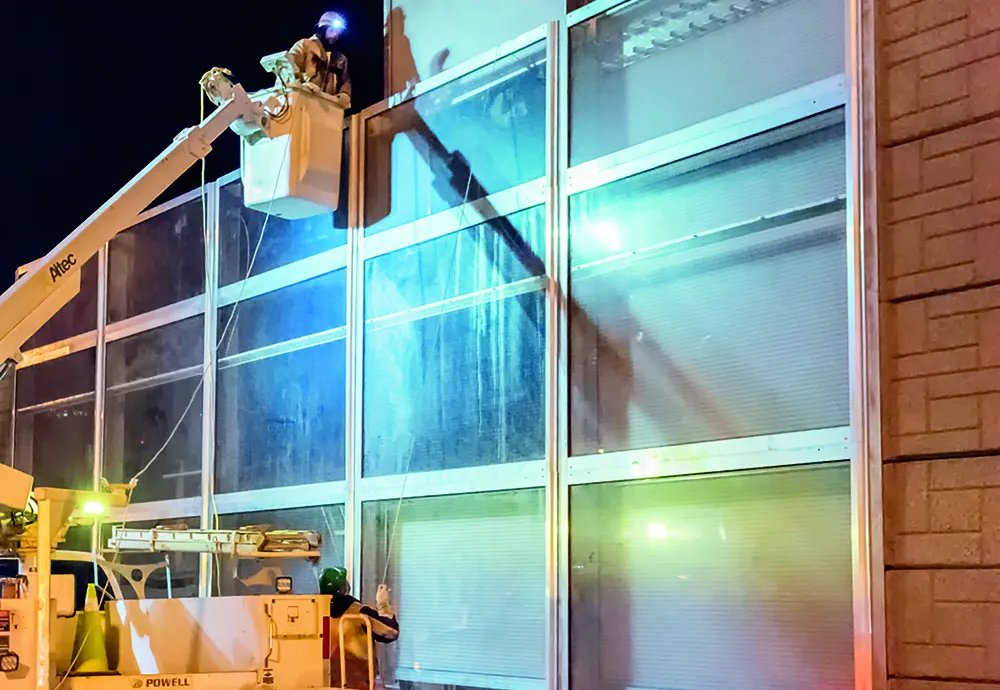Korean automotive components manufacturer Hyundai MOBIS is developing a new autonomous safety function that it believes could prevent more than 6,000 traffic fatalities each year. The Departed Driver Rescue and Exit Manoeuvre (DDREM) technology detects the critical situation where the driver is prevented from controlling the vehicle due to falling asleep, suffering a heart attack or other health condition. It then mitigates the risk of a crash by taking control of the vehicle and guiding it to safety. DDREM
July 17, 2017
Read time: 1 min
Korean automotive components manufacturer 1684 Hyundai MOBIS is developing a new autonomous safety function that it believes could prevent more than 6,000 traffic fatalities each year.
The Departed Driver Rescue and Exit Manoeuvre (DDREM) technology detects the critical situation where the driver is prevented from controlling the vehicle due to falling asleep, suffering a heart attack or other health condition. It then mitigates the risk of a crash by taking control of the vehicle and guiding it to safety.
DDREM technology is designed to run in the background of a vehicle and, like stability control, airbags and seatbelts, the level 4 autonomous technology will activate only upon detecting a critical situation.









